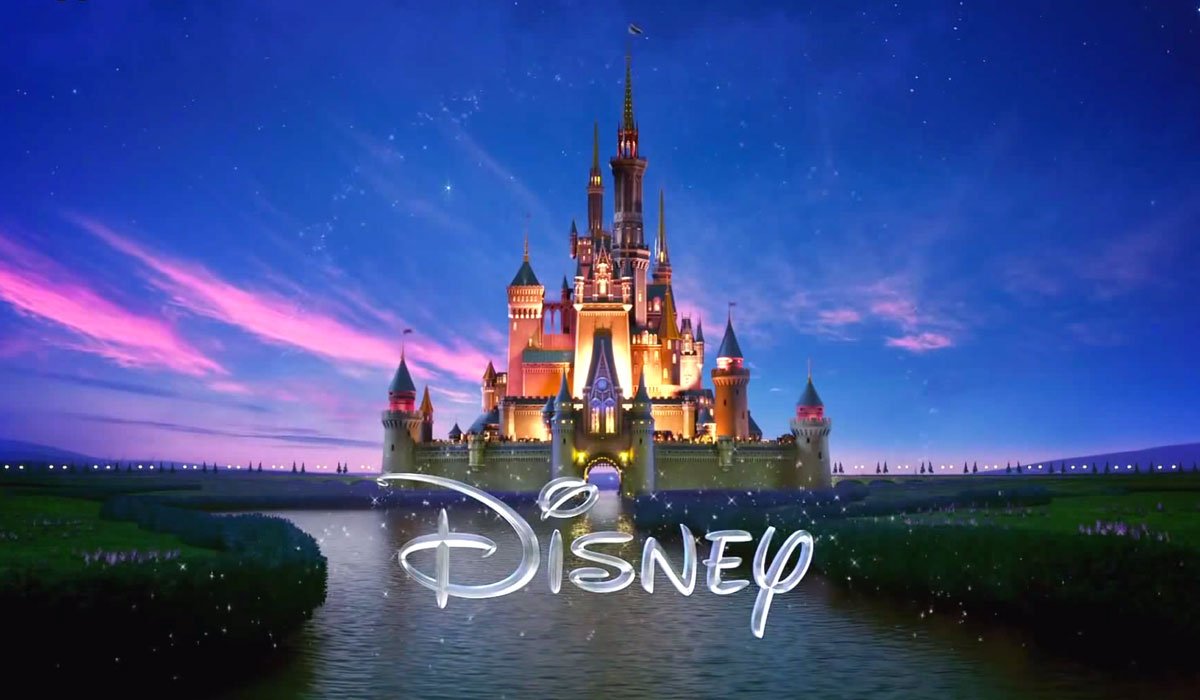Disney Wins Lawsuit Battle Over FastPass Access

Six years after first being sued over its Disability Access Service Card policy, Disney has officially won the case in federal court. A judge ruled the Mouse House does not have to grant immediate or unlimited access to rides at its theme parks. Instead, Disney’s preferred alternative of giving those with disabilities return times is acceptable.
The lawsuit was filed back in 2014 by Donna Lorman. She’s the head of the Autism Society of Greater Orlando, and she’s the mother of an adult son with autism. Lorman reportedly asked for 10 FastPasses to enter Magic Kingdom rides without having to wait in line. She said her son has troubles understanding the concept of time. Disney pushed back and said he could have three FastPasses (info on FastPasses here) like all other guests and could book return times to his desired attractions so he didn’t have to wait in line. Lorman later filed a lawsuit.
The case is the first of many similar ones brought against Disney following a change to its policies around access back in 2013. Previously the company allowed those with a Guest Assistance Card and their families to enter any FastPass lines they wanted an unlimited number of times. Unfortunately, this system produced a lot of unintended consequences. According to The Orlando Sentinel, people began producing counterfeit passes, and some people with disabilities were caught offering their services to guests at a fee in order to skip lines. Websites started detailing the exact steps people needed to take in order to lie and be given GAC cards, and wait lines for guests without the passes reportedly started increasing throughout the park.
During the trial, Disney said the average person with a Guest Assistance Card rode Toy Story Midway Mania, one of the most popular (and best) rides at Hollywood Studios/ Disneyland, ten times as often as guests without a pass. Lawyers for the company estimated that if it were to allow anyone with disabilities 10 FastPasses that it would greatly increase wait times for everyone else across the park. Lawyers for the company further argued that The Americans With Disabilities Act only requires they provide the same level of access as other customers.
US District Judge Anne Conway ultimately ruled that Disney did not need to give Lorman’s son special access. She concluded it was “unreasonable” for such accommodations to be expected and said Disney can pursue a judgment for its legal fees if it chooses. It’s unclear whether lawyers will do that, and it’s also unclear what may happen now to the other 60 or so similar cases from other people with disabilities who asked for special accommodations that were denied.
Ultimately, Disney wants as many guests to attend its theme parks and have a good time as possible. Sometimes that involves changing the rules for certain guests to make their experience more inclusive, but as the judge in this case ruled, sometimes that also involves drawing a line somewhere. Of course, for any of this to matter, we need to get guests back into Disney Parks safely, whenever that might be. Expect to see changes, but hopefully, the same spirit and sense of wonder will still be there.
Your Daily Blend of Entertainment News
Mack Rawden is the Editor-In-Chief of CinemaBlend. He first started working at the publication as a writer back in 2007 and has held various jobs at the site in the time since including Managing Editor, Pop Culture Editor and Staff Writer. He now splits his time between working on CinemaBlend’s user experience, helping to plan the site’s editorial direction and writing passionate articles about niche entertainment topics he’s into. He graduated from Indiana University with a degree in English (go Hoosiers!) and has been interviewed and quoted in a variety of publications including Digiday. Enthusiastic about Clue, case-of-the-week mysteries, a great wrestling promo and cookies at Disney World. Less enthusiastic about the pricing structure of cable, loud noises and Tuesdays.
